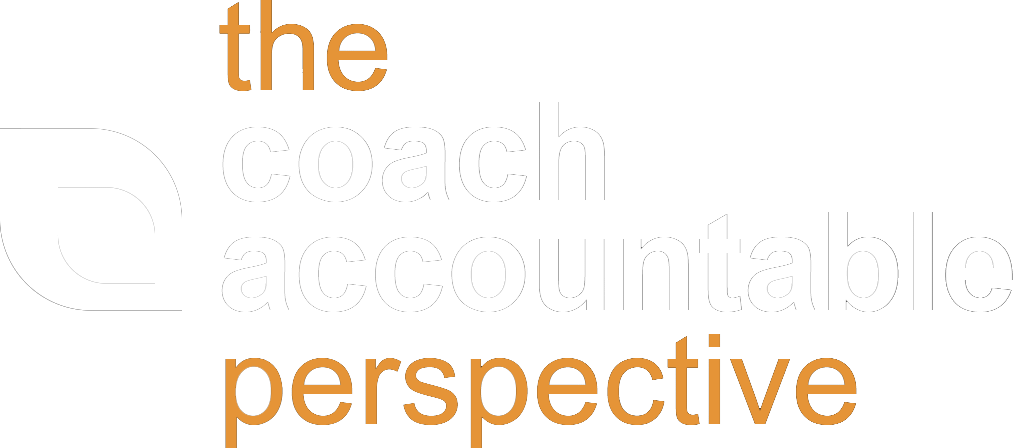If you’ve been coaching for long at all, you know that meaningful engagement on the part of the client during a session cannot be taken for granted. Sometimes we’re distracted. Maybe we’re confronted. Sometimes we’re only showing up because HR insists. Maybe we’re not sure if this is really working and still worth the time, money and effort. Sometimes we’re just plain over it.
So when client shows up clear-eyed and ready to go wherever the conversation leads, vividly engaged in the inquiry, and eagerly sharing and co-creating? That’s the best. That’s when you know your client is really poised to get what you’ve got to give.
Many coaches think that if their client shows like this, they’ve successfully nailed the problem called “Ensuring the client is meaningfully engaging with the coaching process.” That sustaining (and ending on) such a high note means they’ve really done their job, and positive outcomes for the client are a foregone conclusion.
Heck, the client probably feels the same right after the session ends.
But if we’re talking about meaningfully engaging with the coaching process, however we showed up in the last conversation is just the tip of the iceberg. Because no matter how enthusiastic we were, the real impact comes only from applying that coaching, to our lives as lived, when you aren’t there. Taking action based on those conversations is what really matters. Without it, coaching more resembles an endless cycle of getting lots of cool, feel-good insights that ultimately fade, having little to no impact.
If you want us clients to be meaningfully engaged with and getting value from your coaching after the conversations (and let’s be honest, that is a matter of nothing less than you causing actual lasting value for us clients), guide us to create action plans that constitute us applying whatever insights we got. If we have an “a ha” moment that shifts our world, say to us, point blank “Great, what are you going to do to have that make a difference for you? And by when?” Write it down, let us know you’ll be eager to hear how it goes. And then hold us to account. Make it so we’d be just a little embarrassed to have that spark of inspiration amount to nothing.
When you do this, you’re giving us the gift of a game to play that will have your coaching truly and tangibly matter in our real lives (in a way that mere good ideas never do).
Help us to bridge the chasm between your coaching conversations and our lives as actually lived, and see how clear-eyed and eager we show up for next session.
Making an action plan in CA with deadlines and reminders turns insights into committed action. Taking committed action is what has the coaching make a difference in life as lived.
Anything less is just good ideas, and seeing how it goes.








